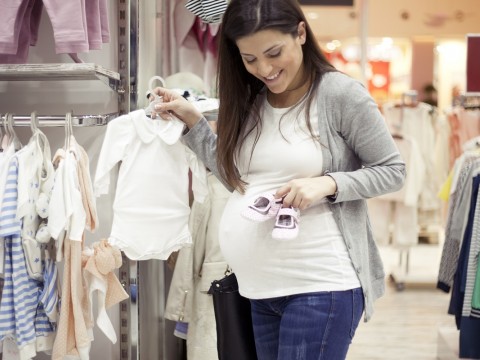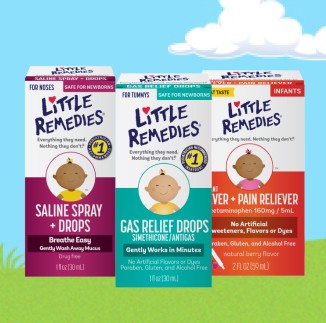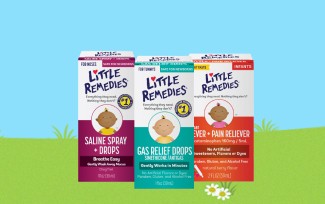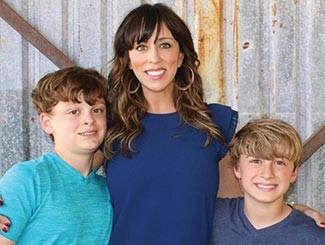


A Little More Wisdom
According to the American Psychological Association, postpartum depression affects up to 1 in 7 women.
Understanding Postpartum Depression
Written by on May 28th, 2018
While the joys of motherhood are absolutely amazing, for many moms, their ‘new mom’ happiness is derailed by postpartum depression (PPD). According to the latest statistics from the American Psychological Association, postpartum depression affects up to 1 in 7 women.
For some women, symptoms begin during pregnancy. Other woman may begin noticing symptoms immediately after delivery or weeks later. Sadly, 78% of moms who are suffering from the condition do not get professional help or seek mental health treatment.
It’s an odd reality, but after the baby is born, mom’s health and wellness is often overlooked. Sure, moms check in with their OBGYN to make sure they heal from delivery, but after that, they kind of find themselves on their own.
My PPD story
For me personally, our life with a new baby became paramount. My newborn’s health was everyone’s top priority—as it should be—but at the same time, my own health quickly became less important.
The PPD symptoms I struggled with were hard to identify at the time, because I didn’t know what was happening to me. Since I couldn’t explain it, I suffered silently and brushed it off as “I’m just exhausted” or “my hormones are just out of whack.”
I added the word “just” to everything to minimize my own confusion and mental discomfort.
During my last visit with my OBGYN after my son was born, she asked me if I was suffering from any PPD symptoms. I knew I was, but I was embarrassed, so I said “no.” I knew if I had said yes, she would’ve referred me to a doctor—perhaps a psychologist or psychiatrist— and I assumed it would be a big hassle.
Plus, I didn’t have time to find a new doctor or deal with health insurance or take more time off work. Even if I did find a mental health professional that accepted my insurance, there would probably be a 3-month wait to see the doctor.
In my mind, I had a valid objection for everything.
While these are all common obstacles that keep new moms from treating their PPD, despite the fact that it might be a time-consuming task to get that doctor’s appointment on the calendar, the benefits outweigh the drawbacks.
Postpartum depression is real
Like stress, anxiety, sadness and emotional withdrawal, PPD can hinder your ability to bond with your baby and truly enjoy your baby. It’s not uncommon to have mood swings after delivery like unhappiness and crying, but that should only last for a week or two. That’s what they call the “baby blues,” and it’s due to your hormones shifting. But if you’ve been overwhelmed by negative feelings that you can’t seem to shake or explain for more than two weeks, you may be suffering from postpartum depression.
While the exact cause of PPD is unknown, it is categorized as a mood disorder. Underlying causes of it include hormonal changes, genetics and major life events. Some women are at greatest risk if they’ve experienced prior episodes of PPD, depression, bipolar disorder or if there’s a family history of depression.
For me, I ended up getting help because my postpartum depression symptoms triggered a horrible bout of insomnia that lasted for about a week. I thought I had literally gone mad. I had a perfect new baby and I couldn’t “keep it together”—I felt like a failure. My negative self-talker was the only voice in my head.
Finding your old self
After a few weeks of taking medication to ease my symptoms, I began to feel like the mom I had imagined I’d be. Life finally made sense again. The old me was back. Sure, I was really tired and frazzled, but I was myself.
The good news was when I got pregnant with my second child, I was able to proactively manage my health better and I didn’t suffer from postpartum depression. It was a relief to enjoy my beautiful babies without the looming shadows.
While postpartum depression is a condition that you can’t control, getting a PPD diagnosis in no way means you’re weak or not cut out to be a mom. There’s nothing embarrassing or humiliating about seeking help. Every mom’s journey is different, and different doesn’t make it bad.
Do you have a PPD story or experience to share with other moms? Let us know in the comments section on the Little Remedies® Facebook page.







